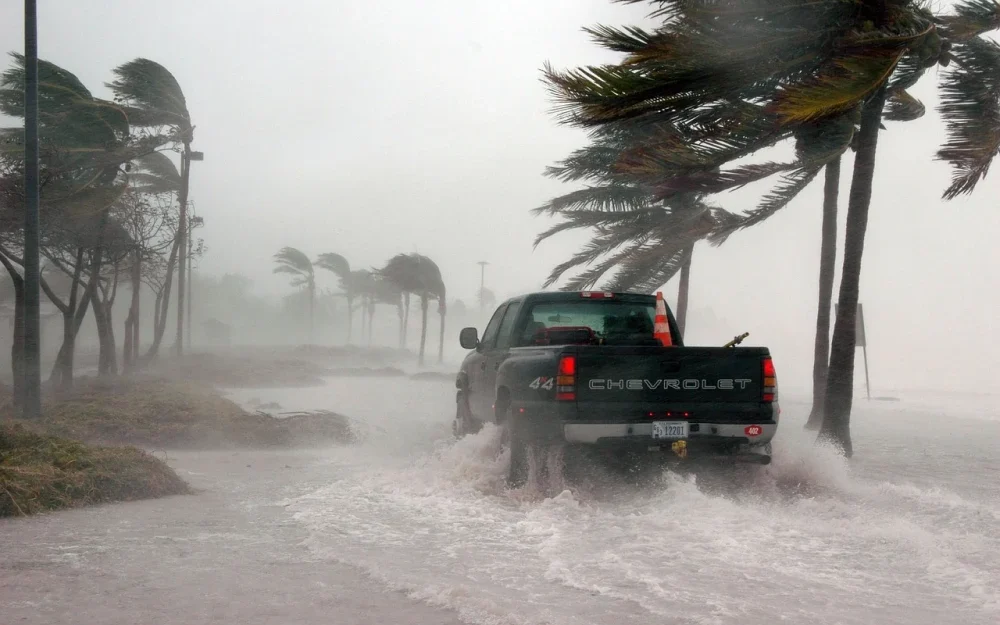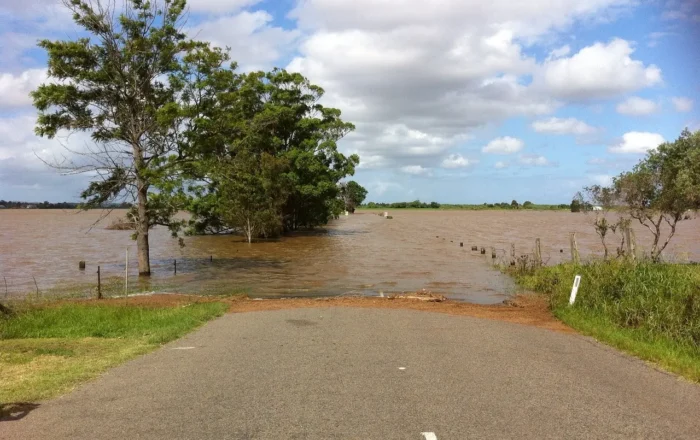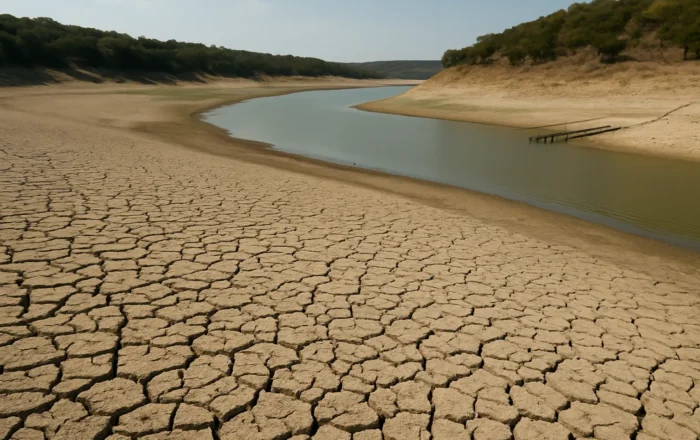What Causes Floods in Texas?
4 minute readFlooding in Texas is driven by heavy rain, hurricanes, rivers, and rapid urban growth, making it one of the most flood-prone states in the nation.
Home > BKV Energy Blog > All Posts > How to Hurricane Proof Your Home
4 minute read • Last update July 2025

Learning how to prepare your house for a hurricane is essential to mitigate the potential damage caused by gale-force winds, flying debris, and heavy rain.
In this quick guide, we’ll explain everything you need to know about how to hurricane-proof your home.
However, it must be noted that these solutions can not 100% guarantee that your house will not experience damage during a hurricane.
The stronger the storm, the more likely damage will occur and actions taken to prevent that damage will become less effective.
There’s simply no silver bullet solution to a battle with Mother Nature.
Hurricane straps, also known as hurricane ties or hurricane clips, can strengthen the structural integrity of your home by securing the roof to the walls.
These straps can help prevent your roof from lifting off of your home.
Other options to secure your roof include impact-resistant shingles or reinforcing roof sheathing with an extra-strong adhesive.
Aluminum or steel shutters for your windows and doors can provide extra protection for the entryways to your home.
They are particularly useful for windows by helping to prevent broken glass from spreading throughout your home.
An alternative or additional safety measure would be to replace your windows with those made of impact-resistant glass.
If neither storm shutters nor impact-resistant glass are an option, due to financial or time constraints, your next best option is to board up your doors and windows with plywood panels.
There are several ways to strengthen your exterior-facing doors. First, you can use longer screws or brackets to better secure the door frame to the structure of your house.
Additionally, you can install heavy-duty hinges and deadbolt locks.
Finally, ensure your garage door is hurricane-rated, or retrofit older doors with horizontal braces like storm bars.
While learning how to hurricane-proof windows and doors is essential, these are by no means the only hazards around your home during hurricane season.
Keeping a well-maintained yard is also a necessity. Start by removing all lawn furniture, garden tools, and other items that could become flying objects in high winds.
Store them securely indoors and cover sharp items with plastic sheeting, just in case.
It’s also a good idea to trim trees and shrubs to eliminate weak branches that may snap off and cause damage.
If you have a pool, rather than tying down your plastic or metal outdoor furniture, you could sink it to the bottom of the pool to prevent it from being blown away.
To prevent water infiltration and damage, you can apply caulk to seal gaps around windows, doors, and other exterior openings.
Take a tour through the house to ensure that all vents are properly covered or sealed.
Learning how to prepare your home for a hurricane includes having solutions ready for every eventuality.
Severe hurricane damage could mean extended power outages. So, it’s a smart idea to buy a backup generator and enough gas/fuel/propane tanks to power your property until regular service resumes.
Familiarize yourself with safe operation best practices to avoid hazards like carbon monoxide poisoning.
Flooding can be a significant risk, particularly if you live in a low-lying area.
Here are some basic flood preparation ideas for how to protect your house from a hurricane:
If you still have power, you should close the shut-off valves at the first sign of flooding, as electricity and water do not mix, and could put your family and pets at risk of electrocution.
No matter how much effort you put into learning how to hurricane-proof your home, some damage may be inevitable.
Therefore, having adequate home insurance is vital if you’re to get back on your feet as soon as possible after a storm. Here’s a quick list of best practices:
By understanding your coverage and ensuring it meets your needs, you can safeguard your financial well-being and facilitate a smoother recovery.
Your electricity plan is a crucial aspect of hurricane preparation that is often overlooked.
Power outages are common during hurricanes, and being without power for an extended period can make recovery even more challenging.
By securing the right electricity plan now, you’ll be ready for any storm that comes your way, minimizing disruptions and helping to keep your home as comfortable as possible during hurricane season.
BKV Energy sends customers severe weather warnings and updates through our Spark Alerts program to help keep you and your family safe.
Don’t wait until a storm is on the horizon! Enroll today to explore your options and find the best plan for your family’s needs.
Graham Lumley, Digital Marketing Manager at BKV Energy, leads digital and traditional marketing strategies, focusing on educating Texans about the state's deregulated energy market. With over 8 years of marketing experience, he creates content to help consumers understand and save on their energy bills, bringing a fresh and dynamic approach to the industry.

Flooding in Texas is driven by heavy rain, hurricanes, rivers, and rapid urban growth, making it one of the most flood-prone states in the nation.

Texas has faced decades of drought cycles, but is the state still in a drought today?
Get $50 off your electric bill!
Use code BKVEJOINUS50
Enter your zip code to shop BKV Energy's affordable, fixed-rate Texas electricity plans. Use the promo code for $50 off your electric bill.